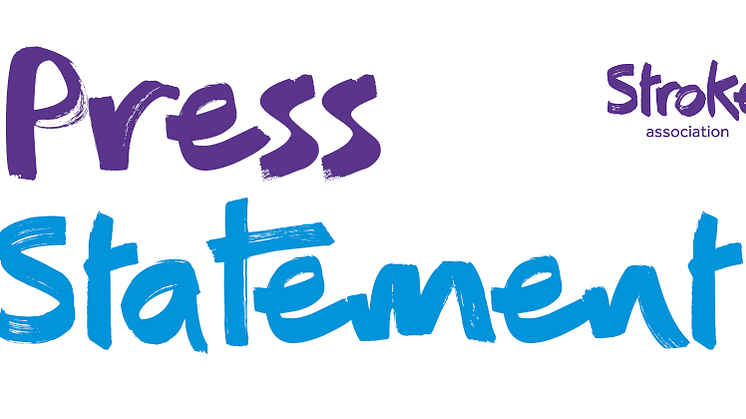
News -
Stroke Association statement on the SSNAP post-acute audit
2 December 2015
The SSNAP post-acute audit from the Royal College of Physicians gives us a picture of the care available to stroke survivors when they leave a stroke unit. The audit collected information on inpatient and hospital based services, domiciliary services (e.g. Early Supported Discharge), single discipline services (e.g. speech and language therapy, occupational therapy and physiotherapy), six month reviews and family and carer support teams.
In a statement on the findings of the audit, Alexis Wieroniey, Deputy Director of Policy and Influencing at the Stroke Association, said;
“We welcome the report as a means to provide information to stroke survivors, the public and professionals about the quality of post-acute stroke care. This audit will be a valuable tool to monitor how services perform over time and drive necessary improvements. Stroke survivors often tell us that once they leave hospital they feel abandoned and can struggle to cope with the aftermath of a stroke. These findings give us a much more complete picture of the services available and what needs to be in place to ensure consistently good care.
“It is worrying that the audit shows there is currently considerable and unacceptable variation in the level of treatment that stroke patients can expect. It is also concerning that the psychological support statistics are very poor indeed. Many trusts are missing the 14-day target for assessment by months. The longest delays in waiting times are in accessing psychological support with an average of over 10 weeks delay from referral to treatment. A quarter of services have a waiting time of 150 days or more.
“The emotional impact of stroke can be just as profound as the physical effects. A third of stroke survivors experience depression and many report high levels of anxiety and fear. Stroke survivors’ psychological wellbeing is vital to their recovery and services should be in place to meet those needs.
“It is clear that stroke services are under pressure to perform with limited resources. Further cuts to local authority budgets were announced in the Comprehensive Spending Review, placing an additional strain on post-acute provision. We urgently need a renewed national commitment to improve stroke treatment and care to ensure everyone touched by stroke gets the support they need to recover.”










